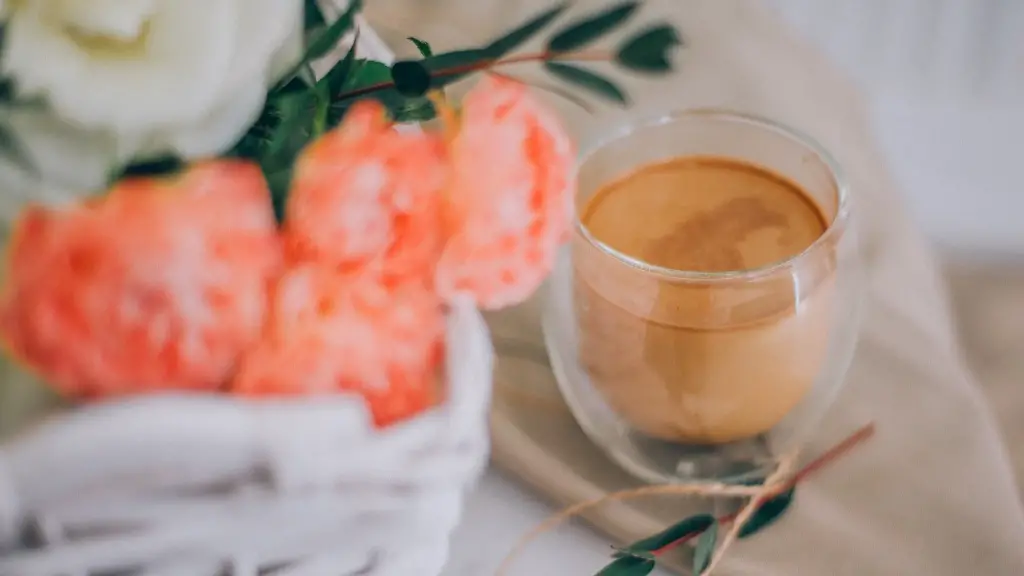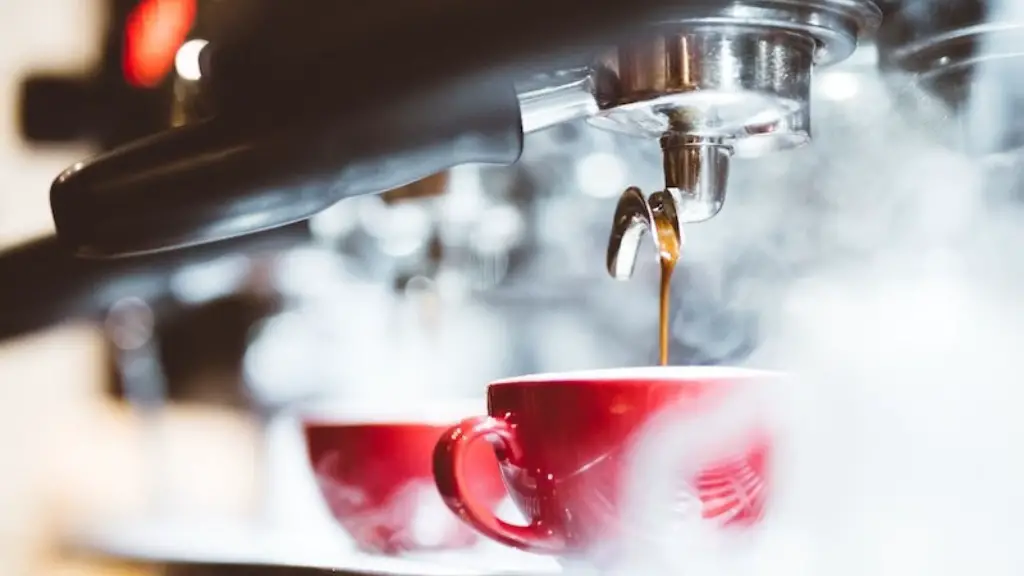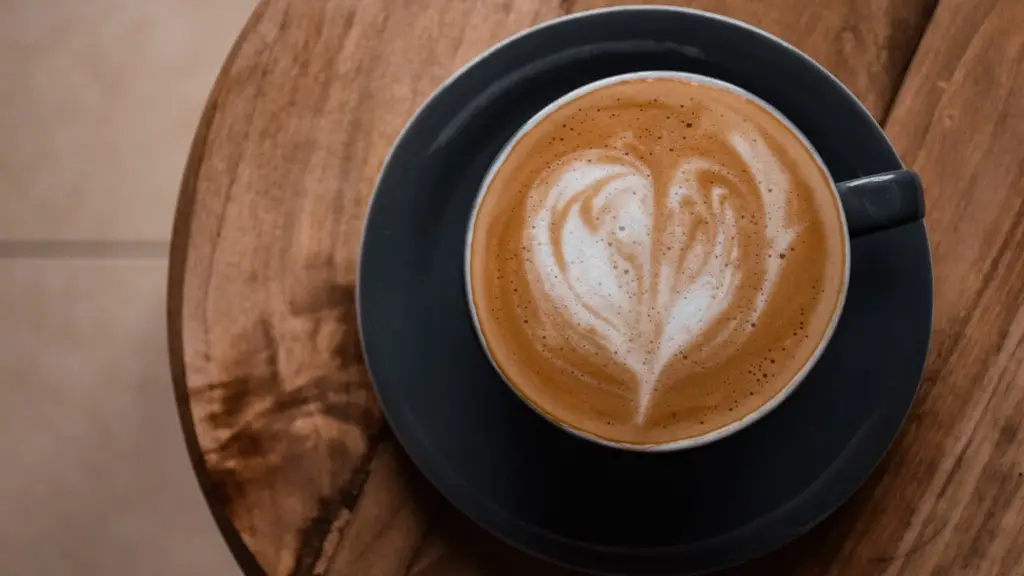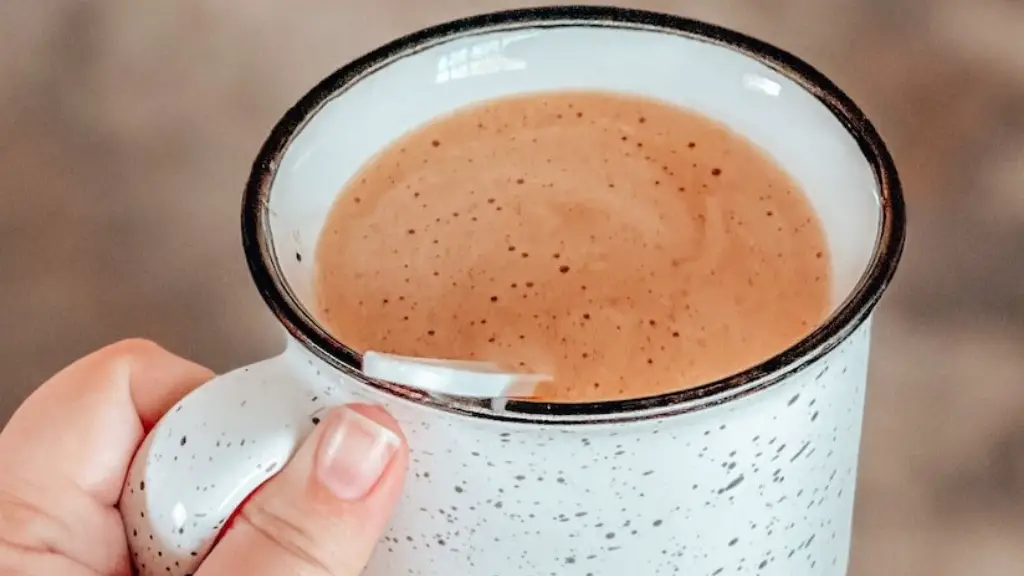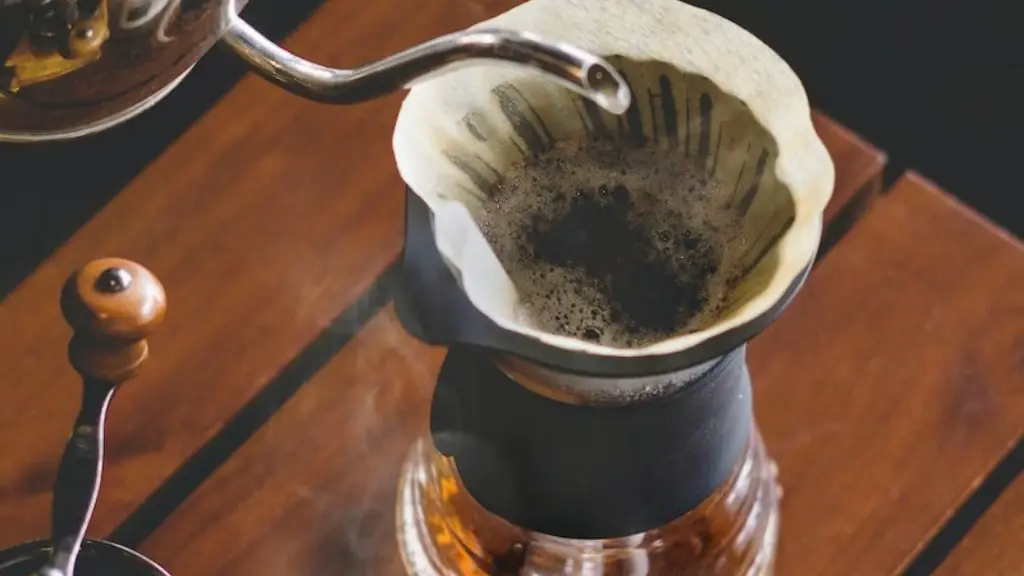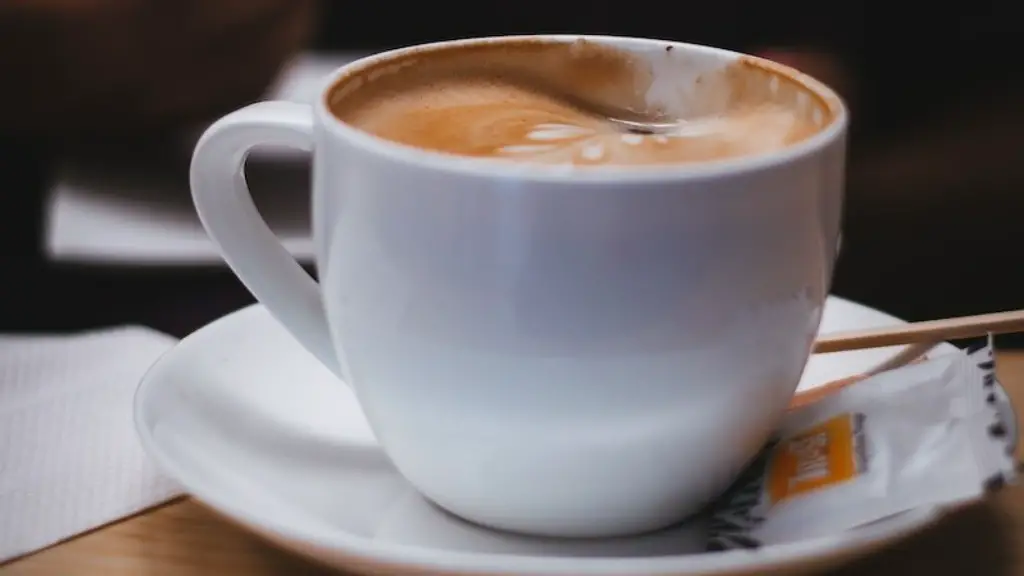It’s no secret that the United Kingdom has an affinity with tea; it’s a tradition that has been embedded in British society for centuries. From high society taking tea in the drawing room to a casual cuppa brewed in a teacup after a hard day’s work, tea remains popular among the British. However, in recent years it appears that the nation has developed a taste for coffee as well.
Coffee consumption in the UK has been on the rise since the 1980s. According to the British Coffee Association, the UK consumes around 55 million cups of coffee daily, with an estimated 70 percent of the adult population drinking coffee on a regular basis. The younger generation is particularly partial to coffee; according to data from the Office for National Statistics, 18-24 year olds are the most frequent users of coffee, consuming almost double that of the over-65s.
Retailer Waitrose reports that the sale of coffee capsules has skyrocketed in recent years. Interestingly, the biggest increase has been in decaffeinated products, suggesting that trend has been motivated by health and wellness, rather than for the stimulatory effects of caffeine. This trend has been echoed in the sale of tea. While most categories are declining, with the exception of green tea and specialty teas, sales of herbal and green teas, which are typically lower in caffeine, have increased significantly over the past five years.
However, despite the recent growth in coffee consumption, tea still reigns supreme in the UK. The Office for National Statistics reports that 80 percent of UK adults drink tea at least once a week, and 87 percent of households consume tea regularly. Even among young adults, tea is still more popular than coffee, with 83 percent of 18-24 year olds reporting having consumed it in the past week.
It appears then that the UK is a nation divided between coffee and tea lovers. While specialty teas and coffee capsules have seen a surge in popularity, traditional teabags still account for the majority of tea consumed in the UK. Ultimately, it seems that the British cupboard still hosts both coffee and tea, making it a nation of two beverages.
British Tea Vs Coffee Culture
When one thinks of British culture, one tends to think of tea as the warm beverage of choice. British people have a rather distinct way of drinking tea, which differs from other parts of the world. Tea is accompanied by cakes, biscuits, and even chips, with milk and sugar commonly added. Traditionally, British people take tea between four and six o’clock in the afternoon, although the more modern trend is to consume the beverage any time throughout the day.
The coffee culture in the UK is traditionally dominated by a “coffee-on-the-go” culture; Britons tend to prefer takeaway espressos, cappuccinos or Americanos over the traditional coffee bar or café experience. As the coffee culture has grown, so has the coffee shop trend. The majority of coffee shops are concentrated in urban settlements though coffee chains are beginning to establish outlets in suburban and rural locations.
Within the last ten years, coffee culture has become much more popular in the UK; specialty coffee shops have chic atmospheres and carefully crafted menus, catering to coffee connoisseurs. Many of these coffee shops have created communities of coffee lovers, with regulars who have their own preferred coffee blends and brewing techniques.
Advantages and Disadvantages
Both tea and coffee have their advantages and disadvantages, though the type of beverage that one chooses largely depends on personal preference. Tea is renowned for its antioxidants, which can help to prevent inflammation and boost the immune system. It is also lower in caffeine than coffee. On the flip side, coffee contains much more caffeine than tea, which can provide an energizing caffeine-boost with every sip. Some studies have even suggested that coffee might offer some health benefits, including providing protection from certain types of cancer and improving mental clarity.
Coffee is also known for having a higher caffeine content than tea, which can create an alertness and focus that many people seek out. Coffee has been linked to increased productivity, increased short-term memory, and reduced fatigue. Furthermore, coffee contains several beneficial vitamins and minerals that can help to boost energy levels. One drawback to drinking coffee is that it can have a dehydrating effect, thanks to its diuretic qualities.
Both tea and coffee are also associated with different social customs. Tea tends to be savored more slowly and is more often shared with a partner or a group of friends. Coffee, on the other hand, is often drank quickly and can be an individual affair. Whether one chooses tea or coffee, it appears that both beverages have enjoyed a resurgence of popularity in the UK.
The Impact of Speciality Coffee On The Market
The specialty coffee sector, which is focused on offering high-quality, freshly-roasted coffee with unique flavours, has experienced explosive growth in the UK. It is estimated that the specialty coffee market in the UK was worth £930 million in 2019, and is expected to grow to £1.1 billion by 2024.
Within the specialty coffee sector in the UK, there is a wide range of different types of products and services. There are coffee subscription services, where consumers can receive freshly-ground beans delivered to their door, individual independent roasters offering unique beans, and flagship specialty coffee shops offering a full range of high-quality coffee drinks.
The availability of speciality coffee has made it easier for consumers to find and enjoy an excellent cup of coffee, which has helped to foster the growth of the specialty coffee market. Furthermore, the trend towards ethically-sourced, sustainable and environmentally-friendly products has also helped to raise the profile of specialty coffee, making it more appealing to modern consumers.
Do Britons Prefer Coffee Or Tea?
The reality is that Britons appear to be torn; with some preferring the tradition of tea, and others gravitating towards specialty coffee. It is evident that there is a growing appetite for specialty coffee in the UK, although traditional tea still remains firmly entrenched in British culture.
Ultimately, Britons have a particular fondness for both beverages; tea has been part of British tradition for centuries and coffee is beginning to enjoy an increase in popularity. While there’s no definitive answer as to whether the British prefer tea or coffee, one thing is certain; the nation enjoys both beverages in different ways, ensuring that they remain firmly entrenched in British culture.
Technology And Trends In The Industry
In the UK, both coffee and tea have benefitted from advances in technology. Tea companies, for example, have invested heavily in hydroponic technology and automation to reduce costs and maximise yield. This has enabled tea companies to produce a high-quality, consistent product at a lower cost, making it more affordable for everyone.
Coffee has also benefitted from advances in technology, from the availability of home espresso machines, to the advent of single-serve coffee pods, which offer convenience and consistency. In addition, the espresso martini trend has seen coffee-based liqueurs become popular, and there has been a rise in cold-brew coffee, allowing consumers to enjoy a refreshing and flavoursome cold coffee.
Both tea and coffee have seen a recent surge in popularity in the UK, driven by improved technology, the demand for specialty products, healthy lifestyles, and relaxed social drinking. Whether one prefers coffee, tea, or both; British culture is now firmly established amongst both beverages.
Marketing And Branding Of Tea And Coffee
The growth of both tea and coffee in the UK is also due, in part, to successful marketing campaigns and branding. Many tea companies have invested heavily in creating an emotional connection with consumers, tapping into nostalgia and creating an aspirational lifestyle associated with their product. Similarly, coffee brands have used branding, endorsements and influencer campaigns to boost their profiles and appeal to a wide range of consumers.
In recent years, there has been a trend towards artisanal tea and coffee products. Consumers are increasingly interested in boutique tea blends, artisanal roasts and unique flavor combinations. There has also been an increase in the sale of organic and fair-trade products, as consumers become more informed about the origins of their tea and coffee.
Finally, tea companies have also capitalised on trends such as anti-aging, wellness and detoxification. Tea companies have marketed specific teas as aids to wellbeing and health; boasting benefits such as reducing inflammation, aiding digestion, and promoting weight loss. With an ever-evolving marketing landscape, it’s likely that tea and coffee will continue to innovate and evolve, to remain relevant to changing consumer tastes.
